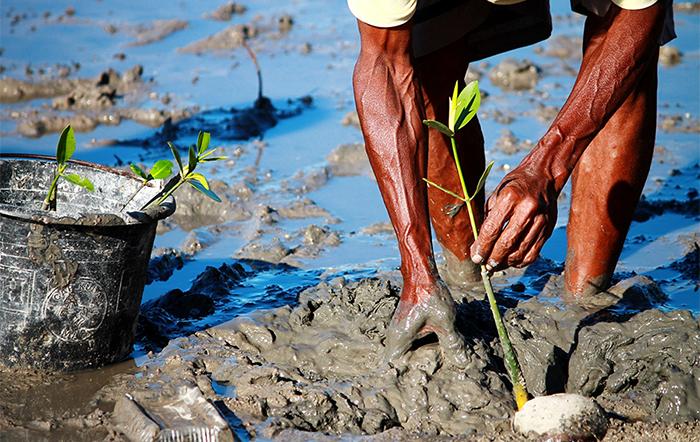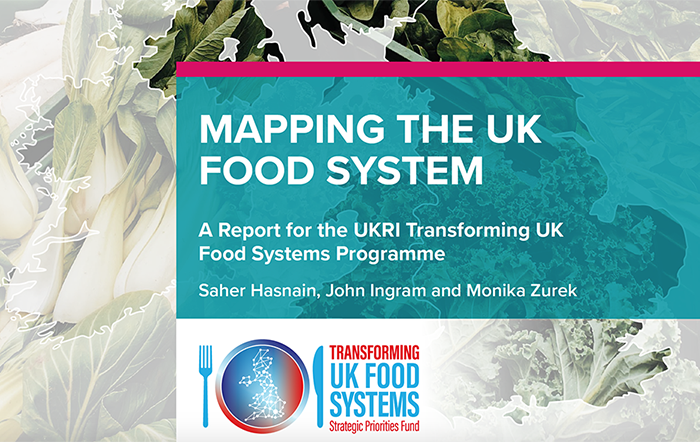Launched in July 2020, 'Enhancing the resilience of national infrastructure systems' is a key step in Ghana's efforts to develop resilient infrastructure that is aligned with national priorities, the Sustainable Development Goals and the Paris Agreement on Climate Change. Partners include Ghana's Ministry of Environment, Science, Technology and Innovation (MESTI), the United Nations Environment Programme, UNOPS, the Global Centre on Adaptation and the ITRC team at ECI, led by Jim Hall.















